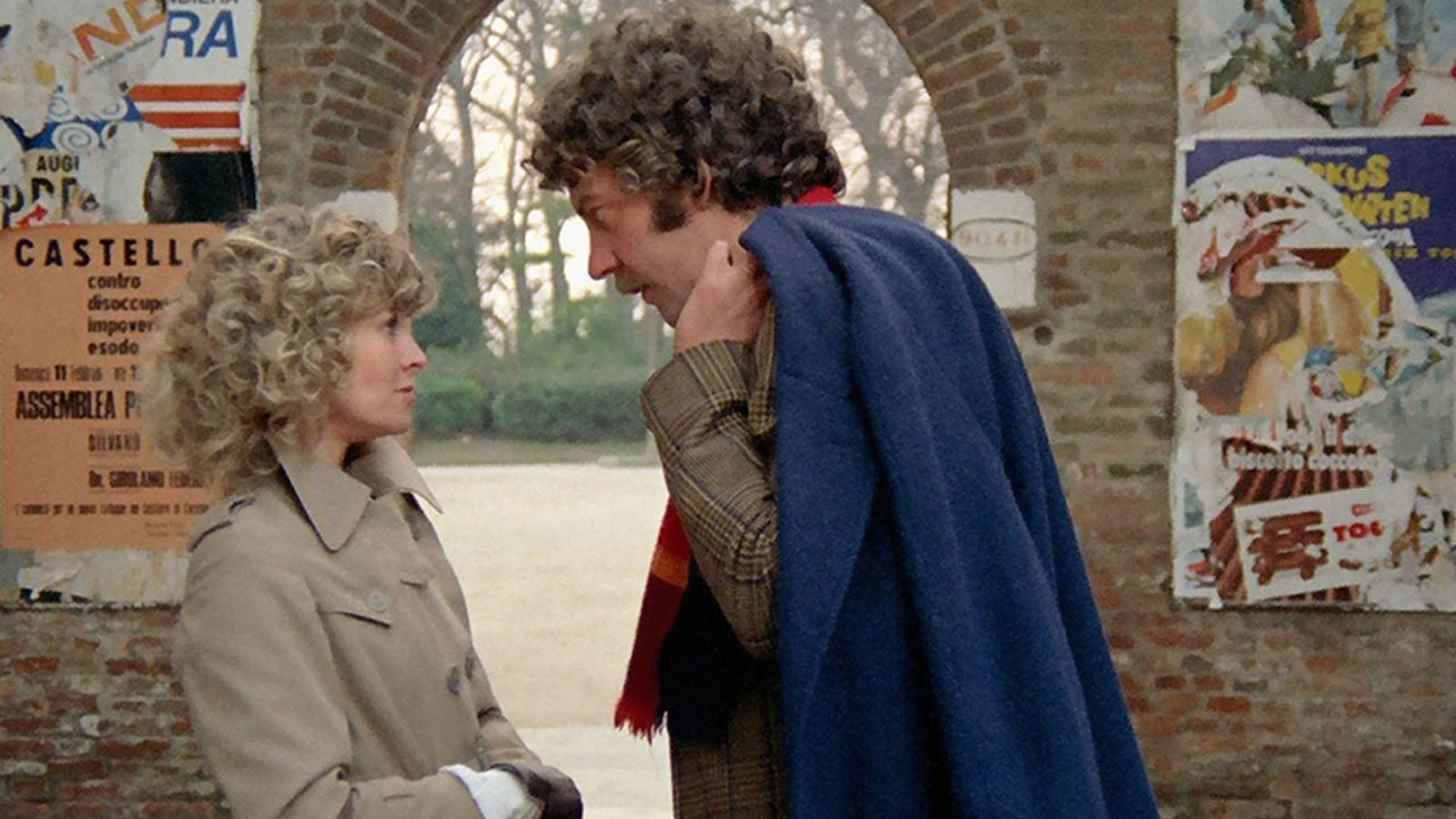
Mildred Pierce
Mildred Pierce is a delight of a noir, taking a fresh look at the typical themes of greed and corruption and mixing them with the social dramas often seen in stories about women, led by a powerhouse performance from Joan Crawford, all coming together to make one of the Greatest Films of All Time.

Talk to Her
It’s well-written, excellently acted, and contains plenty of meditations on the complexities of the human experience to earn its recognition as one of the greats.


Don’t Look Now
While not every moviegoer is guaranteed to love the direction that Don’t Look Now travels within the genre of horror, anyone who loves film will be rewarded with a series of excellently directed sequences that continue to impact the medium to this day, which explains its presence among the Greatest Films of All Time.

Witness for the Prosecution
Blending strong performances with a well-paced story and a fun and twisting third act, Witness for the Prosecution shows itself as one of Wilder’s best films, one of the best courtroom dramas ever made, and one of the Greatest Films of All Time.


The Sweet Hereafter
Atom Egoyan’s The Sweet Hereafter tells audiences a cohesive and compelling story of grief and the ways that humans seek to deal with it, showcased in every aspect of the film, which work together to make something worth a spot among the greats.

The Constant Gardener
Carried by its two leading performers, The Constant Gardener supplies us with a compelling look at government and pharmaceutical corruption and exploitation that maintains its watchability primarily through Weisz and Fiennes, who earn it a spot among the greats.

Reversal of Fortune
The leading performances of Reversal of Fortune are what have earned it a place among the all-time greats, but none stand taller than Jeremy Irons’s Oscar-winning portrayal of Claus von Bülow, which keeps the audience guessing and almost rooting against the narrative at every turn while staying fully hooked into how it’ll all play out.

Monster
By framing its story around the nature of relationships and perceptions, Monster invites its audience to better appreciate and accept the “others” in our lives and to seek to consider others’ circumstances before slapping them with labels or accusations, a sentiment more than deserving of a place of greatness.

Solaris
Andrei Tarkovsky gives his audience plenty to ponder in Solaris, using everything from production design to dialogue to the performances of his actors to portray a truth about humanity and our need to see ourselves in the world and people around us, giving us an All Time Great in the process.




The 39 Steps
Hitchcock manages to pull off a winning formula for early greatness in The 39 Steps, utilizing a relatively innovative (for the period) style that blends lightness with suspense and a charismatic leading man tying it all together to cement the film’s place in history.

Winter’s Bone
Winter’s Bone succeeds on the merits of its top performers and a dedication to tell an authentic story in a setting that feels real and lived-in from writer/director Granik, earning it a place among the Greatest Films of All Time.

Incendies
Adapting Mouawad’s play of the same name, Incendies benefits from a strong nonlinear story that gives each of its three main characters plenty of space to play in the haunting and war-torn world of the film that Villeneuve and Turpin worked hard to create on the screen, warranting it a spot solidly among the greats.

The Sixth Sense
Osment, Collette, and Willis lead Shyamalan’s derivative but still creative and touching story about overcoming challenges to make The Sixth Sense one of the Greatest Films of All Time.

Mulholland Drive
David Lynch’s iconic ode to the dreams and realities of making it in Hollywood makes its place among the Greatest Films of All Time with the help of its two leading ladies and its ability to continually engage new audiences with each watch and rewatch.

The Batman
With excellent visuals and casting to set the tone, The Batman provides a satisfying and rewatchable return to the world of the Caped Crusader, capturing the essence of the Batman stories in a way that few other films have been able to, fully earning its spot among the greats.